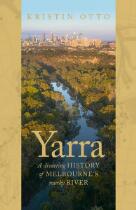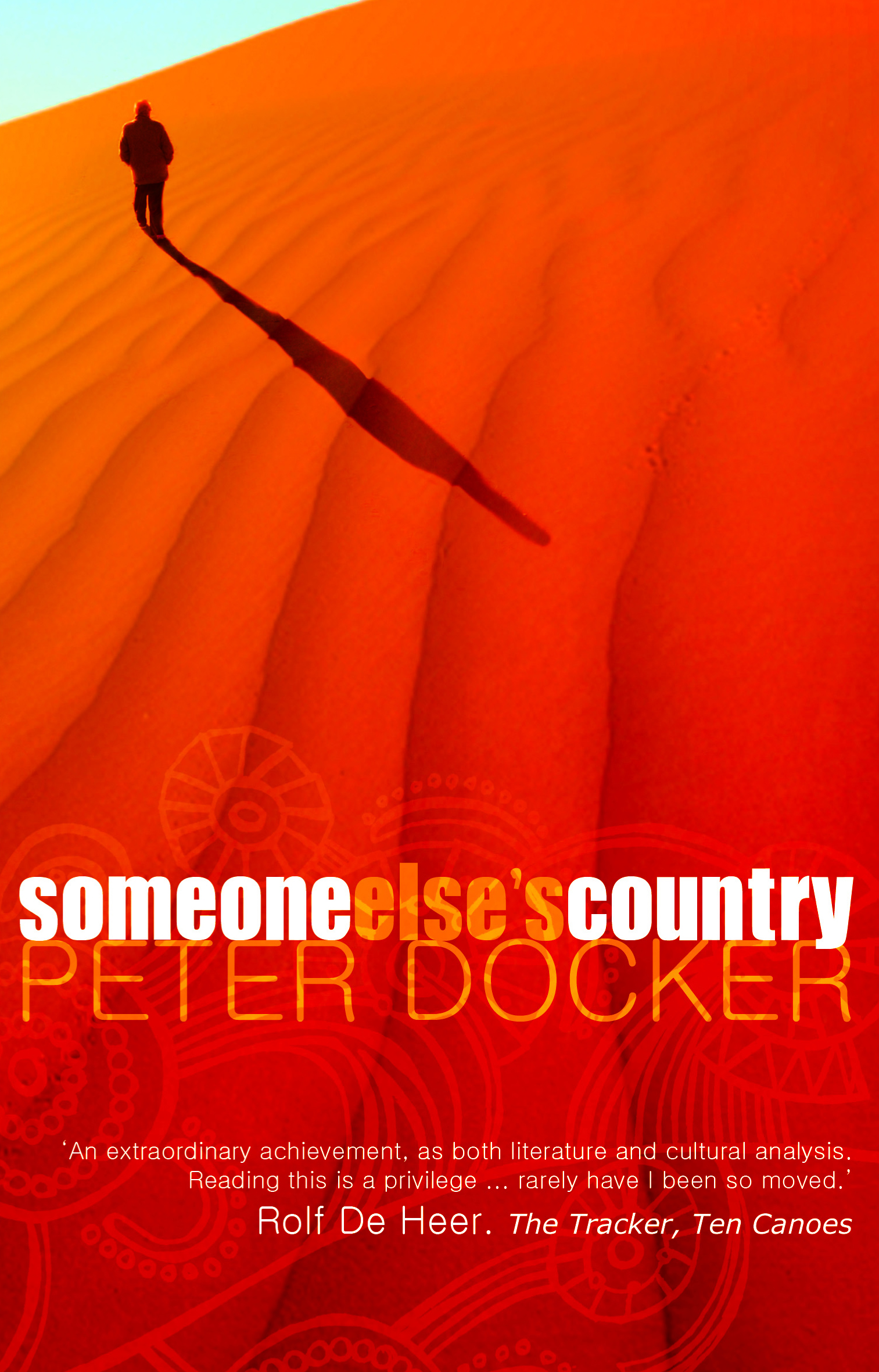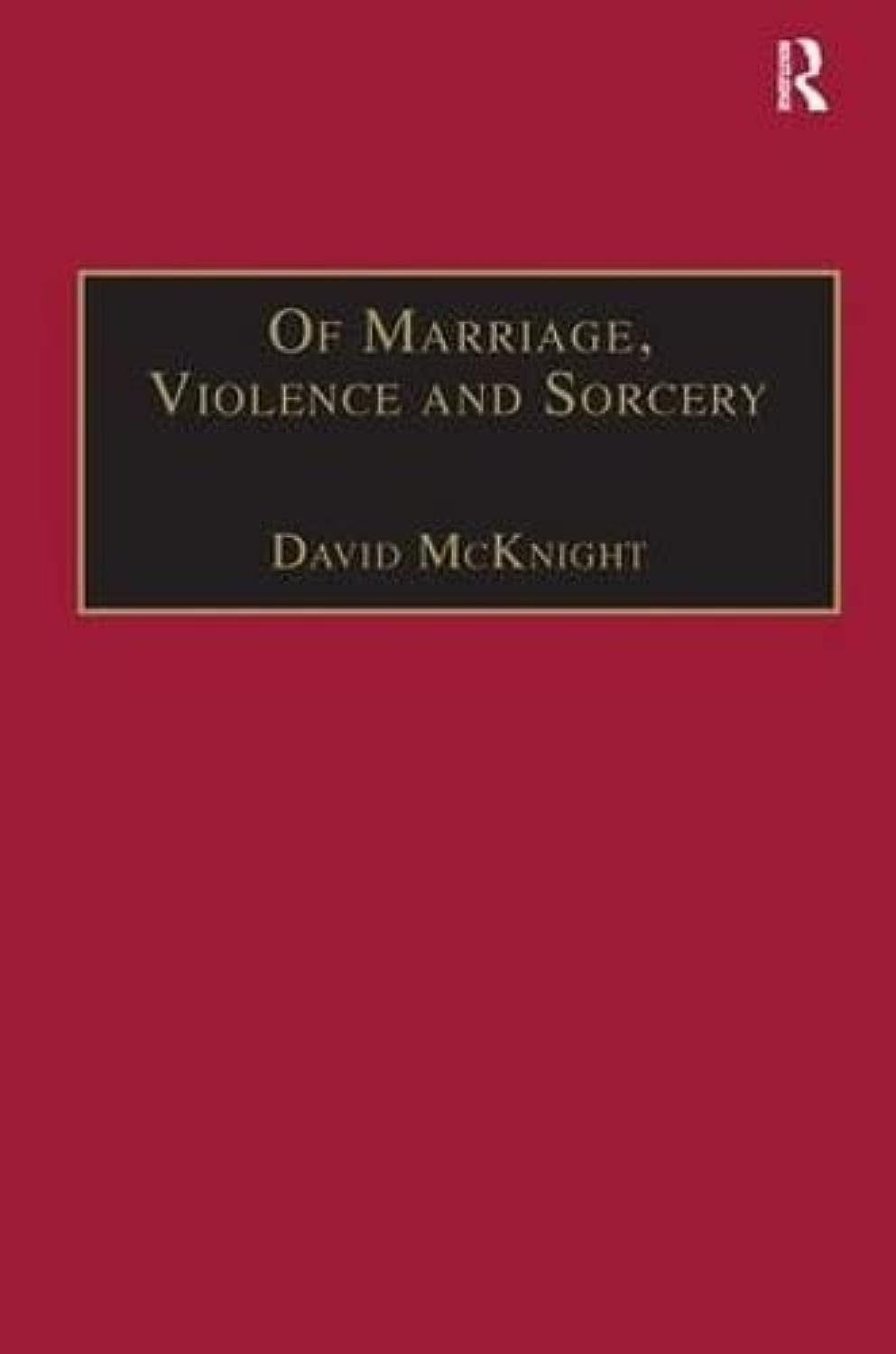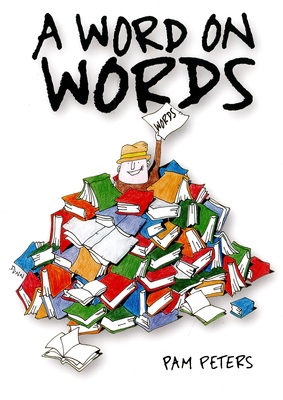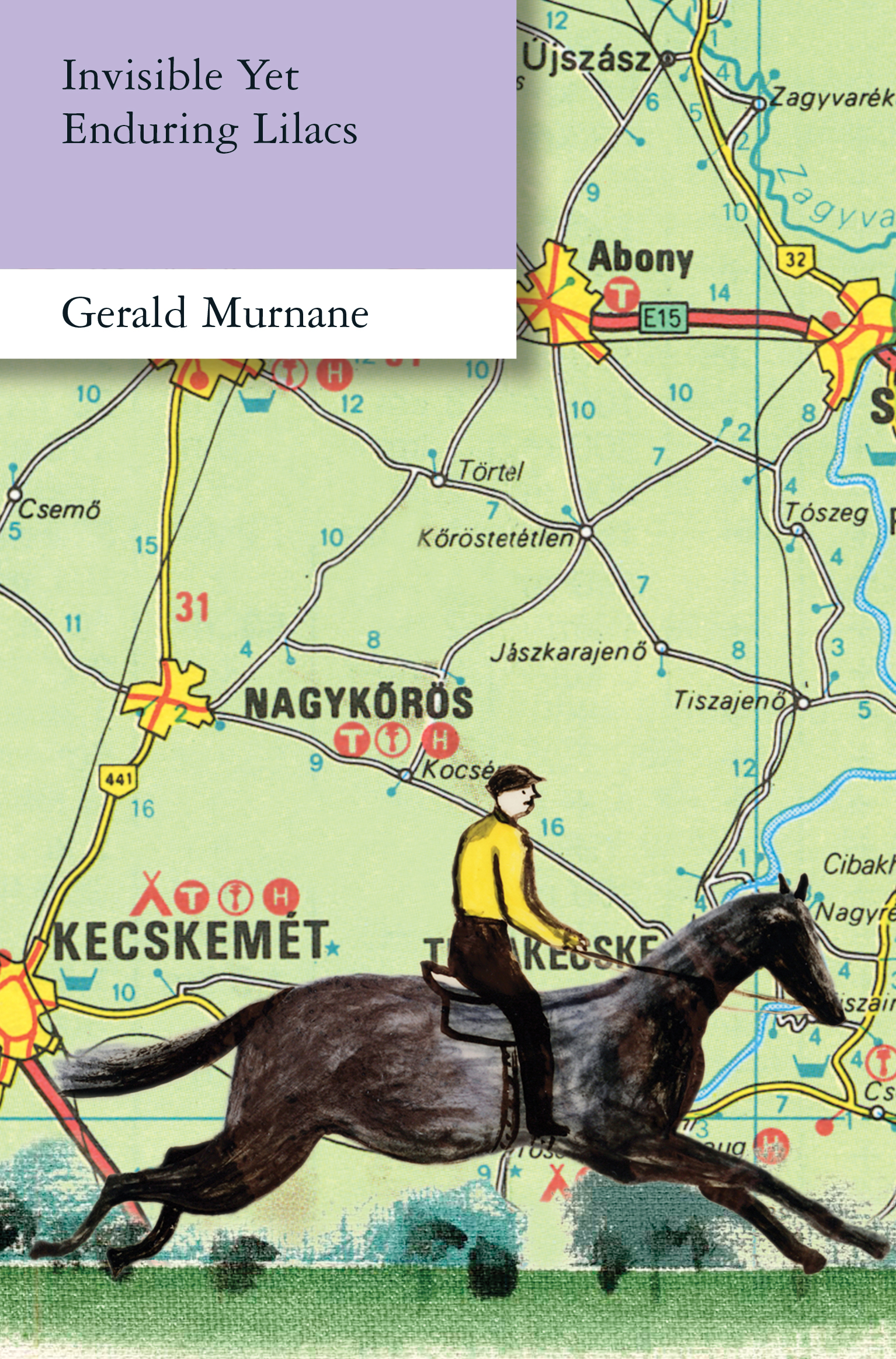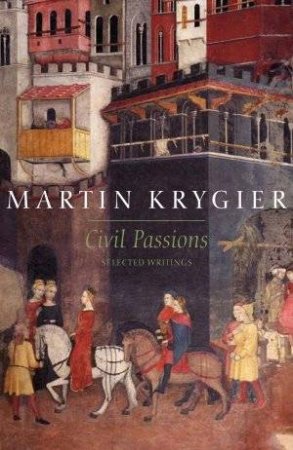Non Fiction
Yarra by Kristin Otto & The Vision Splendid by Richard Waterhouse
by Mark McKenna •
Of Marriage, Violence and Sorcery: The quest for power in Northern Queensland by David McKnight
by Inga Clendinnen •
Secrets of the Jury Room by Malcolm Knox & The Gentle Art of Persuasion by Chester Porter
by Peter Haig •
A Word On Words by Pam Peters & Away With Words by Ruth Wajnryb
by Fred Ludowyk •
The Diaries of Donald Friend, Volume 3 edited by Paul Hetherington
by Ian Britain •
Invisible Yet Enduring Lilacs by Gerald Murnane & Literati by James Phelan
by Michelle Griffin •

